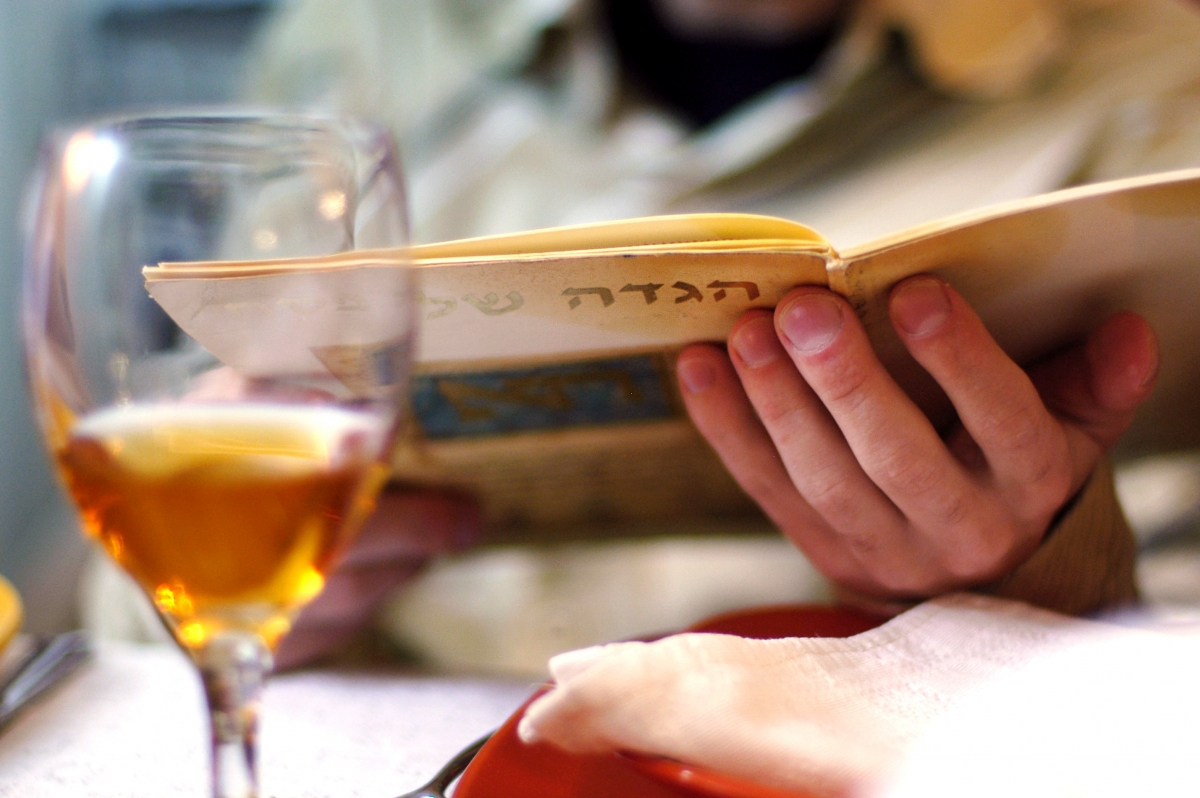Ima, Mother, tell me a story.
Yocheved looks down, over her bulging belly, at the little daughter tugging at her arm. This is her Miriam, full of whys and whens and how comes. A story? Yocheved, sitting at her loom, has only one story to tell, one she fears her daughter is too young to hear. But Miriam will not be hushed, and so Yocheved, weary from the mud and the cloth and the stove, begins…
Once there was a people enslaved by an evil king. They worked day and night, but he was never satisfied. This king, Miriam, wanted more, wanted everything the people could give. And he took everything from them, down to their lives, down to their sons.
Miriam, bored of the story she has heard so many times, puts her hands on her mother’s belly.
Ima, will I have a brother?
Yes.
And Ima, will the bad king take my brother?
No. This time, the bad king cannot have everything he wishes. The voices of slavery will call out and be answered; through the strength of the few, all will be saved. Do you understand, my daughter? Only through courage will the bad king be overcome. Ahh, Miriam, I am a slave, but my children, they will be free… you hold the power to make them free.
Tell me a story, whispers Shifra to Puah as they wait, tense, in the darkness. Another baby will soon be born, but this night, the angel of death will be forced away. Puah, I am afraid, and Shifra reaches for her hand. Do not be afraid, my sister, my friend. Puah’s voice does not shake. We are givers of life, and the power of life is strong, stronger than Pharaoh and his gods, stronger than law. Remember the force of life within us all, in this birth tent, in this woman’s camp, and you will not be afraid…
And what story can you tell me, whisper’s Pharaoh’s Daughter to the baby in the basket, his cries already slowing. She holds him to her breast. What else can you be to me but a gift, a little treasure? A child for the woman who is barren, and when I am old you will tell my stories for me. Pharaoh’s Daughter knows the origin of this gift, so often prayed for, but holds her silence. She walks calmly into her father’s house. Father, I have brought you our future, my son, she says.
I have sent my husband Moses back to You, Tziporah tells the darkening sky outside her tent. I found him aimless in the desert but I know he belongs to You, and to his people. He will have a hard time of it, I know, he hates crowds and says he doesn’t speak well. I have a child on the way and he said he wouldn’t leave me, but I saw Your voice in his eyes and so I have sent him… may he go with visions for the future and return with the faces of his past. What stories, then will he have for our child?
The women have dropped their tambourines in exhaustion; the sun is beginning to set. Miriam, Miriam, sing to us, they cry. Miriam, tell us a story. And Miriam, the child of slavery, hears the voice of her mother. And Miriam the prophetess of freedom, begins to tell the story …
From The Smith College Women’s Haggadah, 1998. Used with permission of Arielle Derby.










